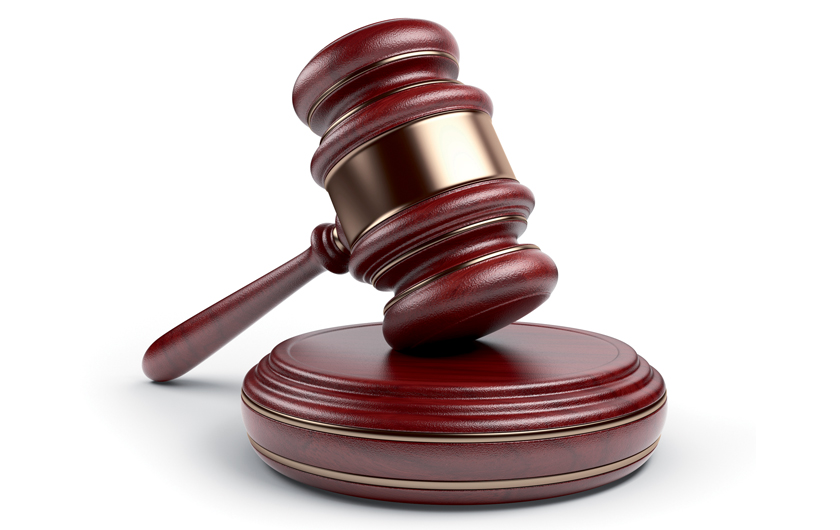When you grant power of attorney to someone other than your spouse, your spouse may lose the right to speak for you
Q. My husband has dementia and three of his children—two sons and a daughter—have powers of attorney, but I don’t trust the son my husband favours. Do I have any precedence over the powers of attorney when it comes to decisions regarding my husband’s health? Does each attorney have equal rights, and can I involve the daughter, whom I trust, in those decisions? And what benefits am I entitled to following my husband’s death?
A. While you may be able to challenge in a court of law the overall arrangement or specific actions taken by the empowered attorneys, you may be fighting an uphill battle; your husband appointed these people as his guardians, so to speak, and you have no legal standing within that arrangement. Yes, if actions were taken that could be proven detrimental to your husband’s health, you might have a case in court, but you would have to have a lot more evidence than a mere lack of trust.
Although you mention health care as being the subject of the powers of attorney, your husband may also have made separate powers of attorney for financial matters. Again, you are out of the loop as far as decisions go, although the courts may be sympathetic if the result is that you are placed in financial hardship.
The rights of each attorney depend on how the powers were structured: it depends on whether they are “joint” attorneys or “joint and several” attorneys. According to the website lawdepot.ca, “Joint attorneys must act together. They must both agree before any action can be taken, and they must both take the same action at the same time. If one is absent, no action can be taken. Joint and several attorneys can act together or individually. Either one can take an action without consulting the other. If one is absent, the other can still act.”
Also, unless the powers of attorney are “general,” meaning all reasonable decisions can be made on your husband’s behalf by the attorneys, your husband may have included restrictions on their powers or obligations regarding your financial care. As a result, I suggest that you get your daughter, first of all, to show you the signed document(s) so you can ascertain what the attorneys can and cannot do. You won’t be able to make changes (unless of course you can demonstrate in court that the document is flawed or leads to illegal or clearly detrimental results), but at least you’ll have a better idea of their rights and obligations.
Finally, as to the benefits to which you would be entitled following your husband’s death, this is a matter related to wills rather than powers of attorney, which cease to carry any weight after the death. Family law provisions in all provinces, including your home province of British Columbia, stipulate a surviving spouse’s entitlements in the absence of a will, but these provisions can also serve as a guideline as to what you should be able to expect when there is a will.
British Columbia’s Family Law Act, for example, creates a tenancy in common in “family property” and the portion that belongs to the deceased’s spouse does not form part of the deceased’s estate, although a portion of the surviving spouse’s assets may ultimately form part of the deceased’s estate once the property division issues under the Family Law Act have been determined.
Generally, a person living in British Columbia still has the “testamentary freedom” to give whatever they want to whomever they choose. But the province’s Wills Variation Act also permits surviving spouses (or children) to make a claim against the estate if they are disappointed with the provisions of the will—if, for example, they were completely disinherited, given a minimal sum, or given a life interest rather than outright ownership of a particular piece of property. In this case, the provisions of the Family Law Act may be brought to bear and the provisions of the will could be modified by the courts.
It’s not possible for me to say much more than this in the absence of details on the scope of the powers of attorney, the nature of the will, and of course the assets comprised by the estate. I suggest that if you see something you don’t like in the powers of attorney or in the will, then you should consult a lawyer well versed in matters of estate regarding your concerns, and he or she can better outline your options for redress.
Photo: iStock/Bedrin-Alexander.






